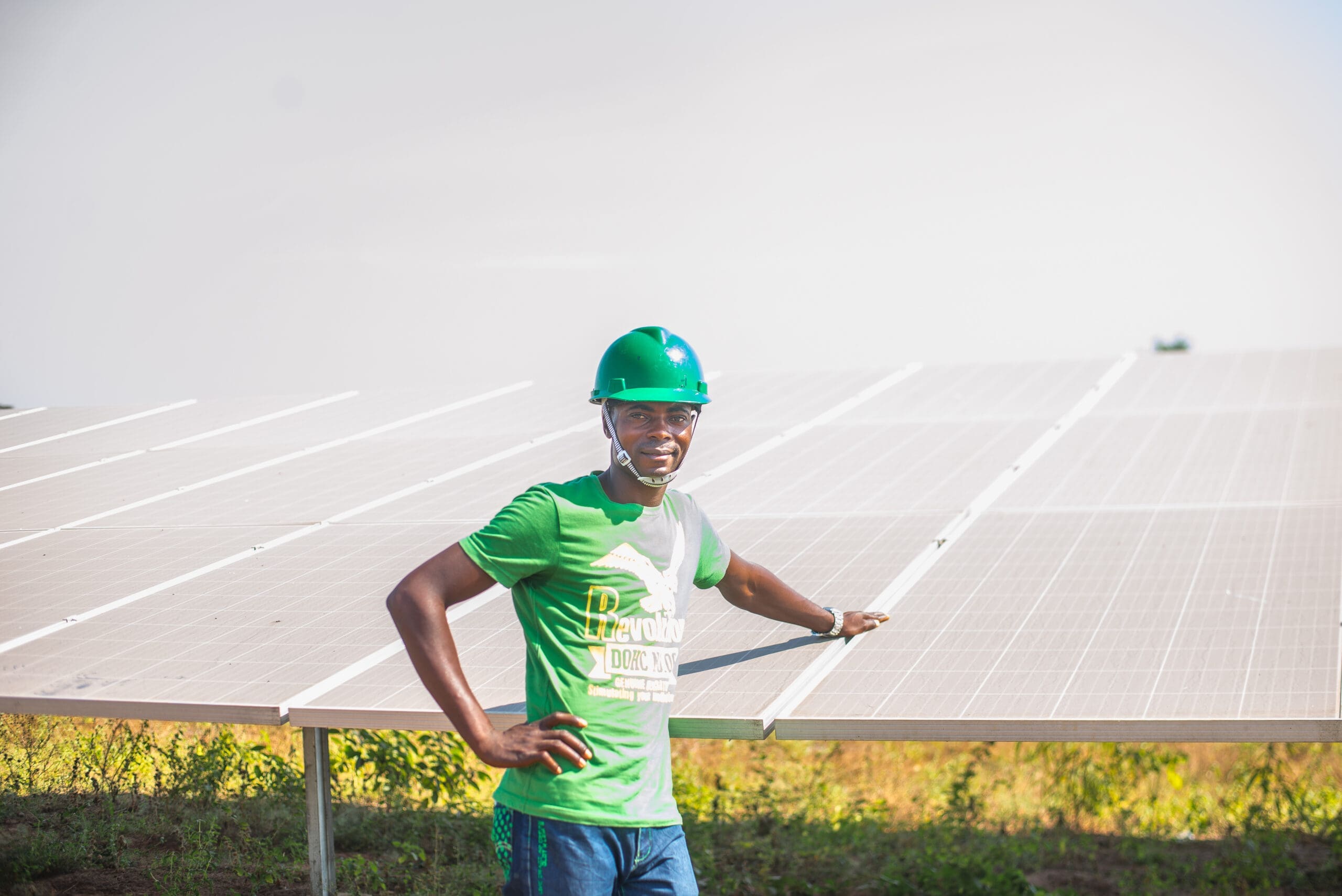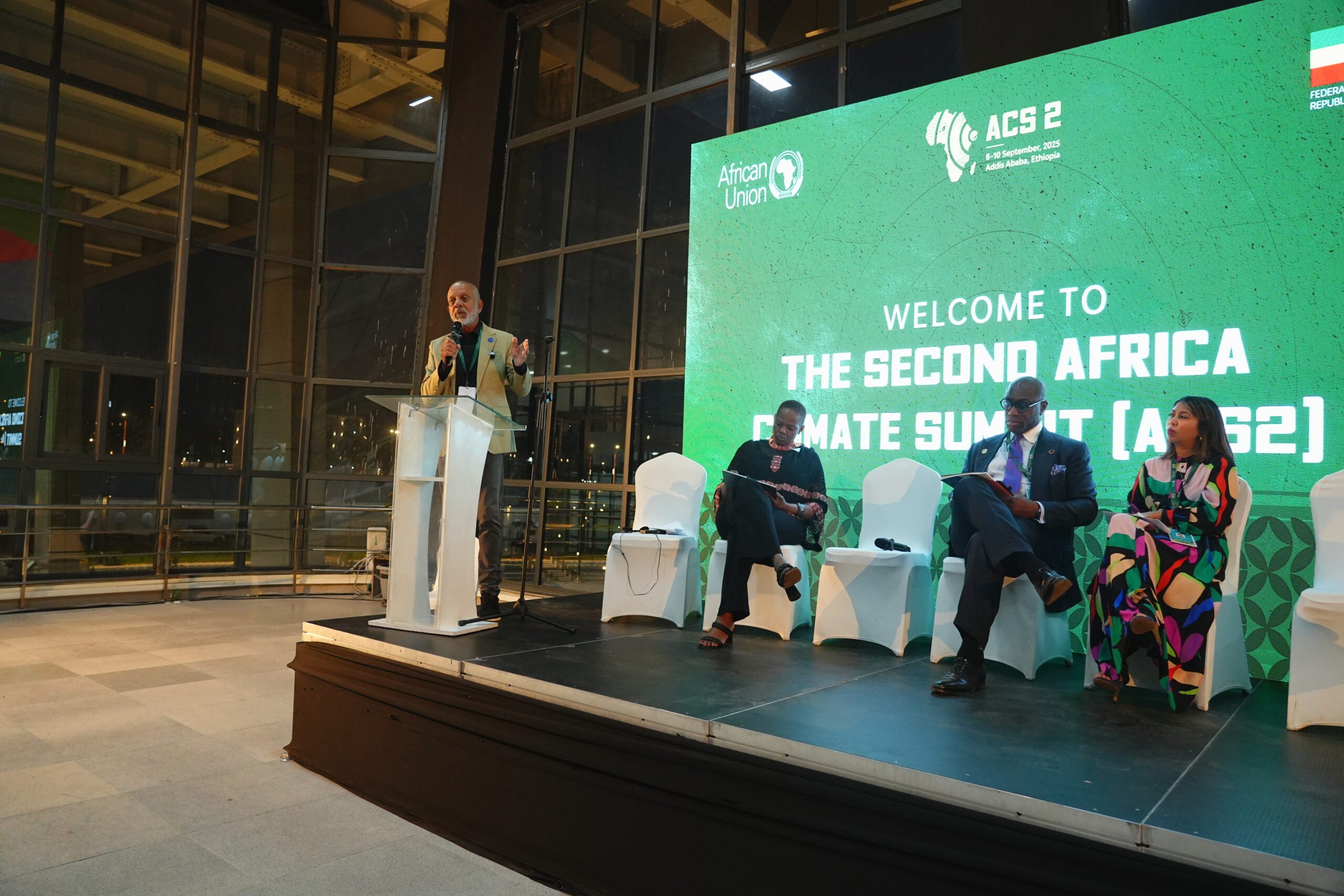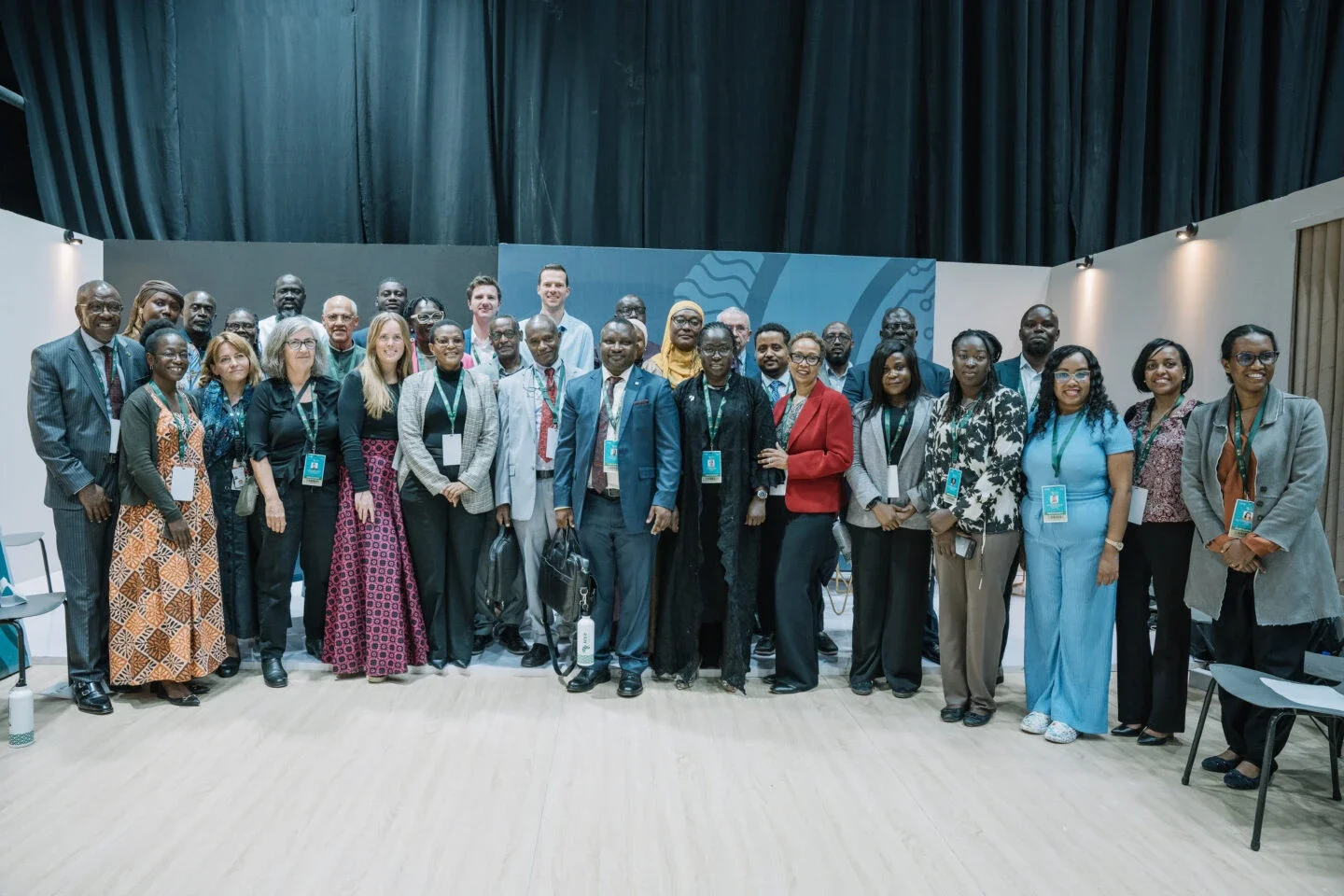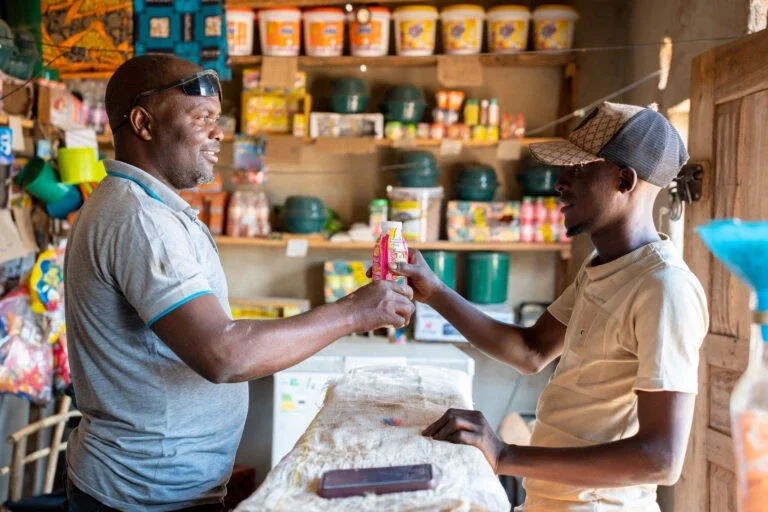With more than 25,000 delegates and $100 billion in climate pledges, attendees demonstrated a shared commitment to addressing climate change with African-led solutions.
Participants standing together at the Second Africa Climate Summit 2025 (ACS2) in Addis Ababa, Ethiopia, under the theme “Accelerating Global Climate Solutions: Financing Africa’s Resilient and Green Development.”





